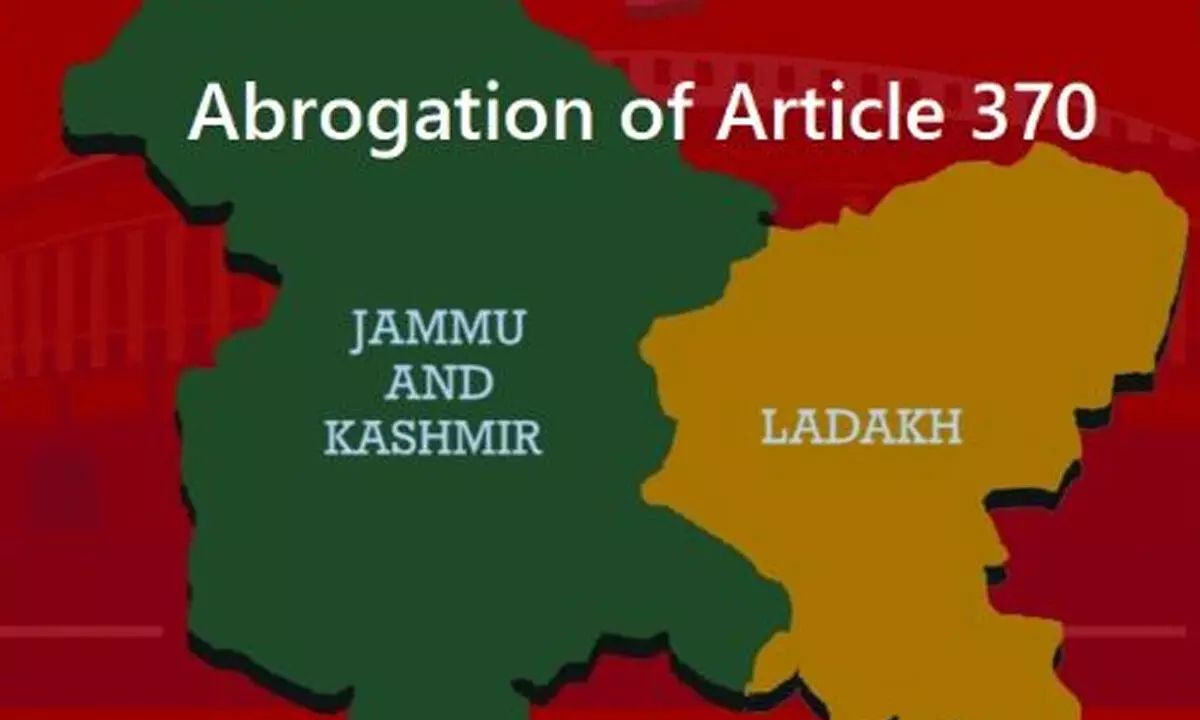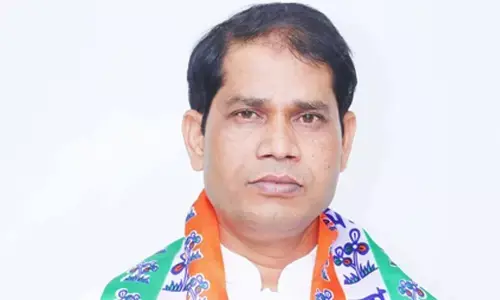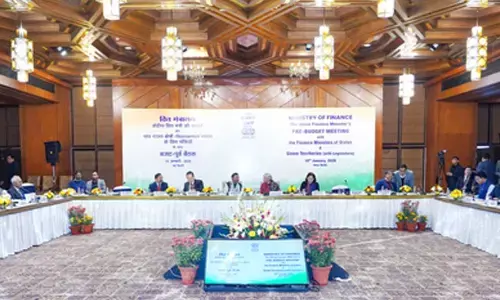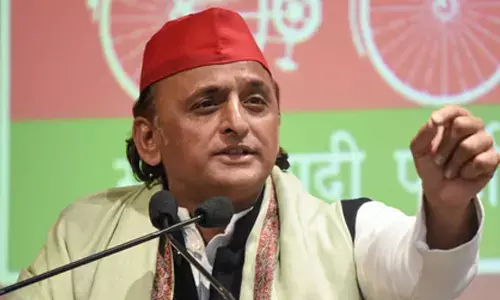A visionary decision

To quote Jawaharlal Nehru’s Independence Day speech: “Time has come when we shall redeem our pledge – not wholly or in full measure but substantially.” The pledge to integrate and build a unified nation was redeemed partly on August 5th 2019 when Articles 370 and 35A were abrogated, and fully on 11th December 2023 when the Supreme Court upheld the constitutional validity of this action
It was Edmund Burke who said, “nothing lasts longer than temporary”. Article 370 which was envisaged as a temporary transitory measure outlived its utility long back but continued as part of the Indian constitution till it was finally abrogated by Government of India on August 5, 2019. The judgement of the Supreme Court on Monday put a final seal of approval on the government action integrating the state of Jammu and Kashmir fully with the Union of India.
The accession and integration of princely states after the British left India was a challenging and delicate task accomplished successfully by the then Home Minister Sardar Patel. The princely state of Kashmir was delicately placed being on the border of India and newly created country Pakistan with a Muslim majority and aggressive Jinnah who was trying to take it by force by instigating Pastun tribals to attack Kashmir.
Maharaja of Kashmir acceded the princely state of Kashmir to India through an instrument of accession. At the time of framing of the Constitution, a special privilege was bestowed on Kashmir in terms of Article 370 not made available to any other princely state which limits the powers of the parliament to make laws for the state of Kashmir without the specific concurrence of the state legislature. Similarly, Article 35A provides special rights and privileges to the permanent residents of the state not available to others. Both these provisions of the Constitution stood in the way of full integration of state of Kashmir and its people with the rest of the country, giving them a false sense of feeling that they are special and privileged compared to other Indians.
Article 370 in fact lost its relevance long back. As Guljarilal Nanda, the then Indian Home Minister once remarked, “Article 370 is a tunnel and a good deal of traffic is passing through it in terms of presidential orders.” Jawaharlal Nehru also remarked in 1963 that, “the process of gradual erosion of Article 370 is going on we should allow it to go on.” The only purpose Article 370 was serving was to give a feeling of identity independent of the rest of the country to the people of Kashmir which was coming in the way of full integration of the state with the rest of the country. This full integration is what is achieved by the abrogation of Article 370 on 5th August 2019.
Article 35A was on the other hand coming in the way of development of the state since no one else other than the permanent residents can own the land. It goes straight against the Article 14 of the Constitution of providing all persons equality before law and equal protection of the laws. It creates a special and privileged class and will be a big hurdle in the integration of the state of Kashmir with rest of India in the long run. Successive governments were not able to accommodate refugees from Pakistan or provide the constitutionally guaranteed facilities to the Schedule Castes and the Schedule Tribes in the state of Kashmir due to this provision.
Though special circumstances of accession of Jammu & Kashmir to India might have justified these provisions temporarily during a phase of transition, there was no justification in continuing them in perpetuity. It is also an open secret that successive dynastic parties feeding the people of Kashmir with a false sense of insecurity are taking shelter under these provisions to foment trouble in the valley and encourage subversive elements.
In a truly federal country, all states are equal and no one state should be able to claim special privileges. Temporary measures incorporated with a specific purpose in mind cannot continue indefinitely.
What Kashmir needs like rest of India growth, development and employment. The special privileges and facilities have not helped the state to grow in the last 70 years. In fact, they have hindered the development of the state and have only helped certain vested interests to thrive by playing on the insecurities of the population.
What is needed today is national integration equal rights and opportunities not fragmented by narrow domestic walls. It is that which was attempted on August 5th 2019 and is upheld by the Supreme Court. These two days will go down as important milestones in the history of India and that of Kashmir.
To quote Jawaharlal Nehru’s Independence Day speech “Time has come when we shall redeem our pledge – not wholly or in full measure but substantially.” The pledge to integrate and build a unified nation was redeemed partly on August 5th 2019 when Articles 370 and 35A were abrogated and fully on 11th December 2023, when the Supreme Court upheld the constitutional validity of this action.
It is Shyam Prasad Mukherjee dream coming true who died under mysterious circumstances in Kashmir while proclaiming “ek desh mein do pradhan, do vidhan, do Nishan nahi chalegaa.”















